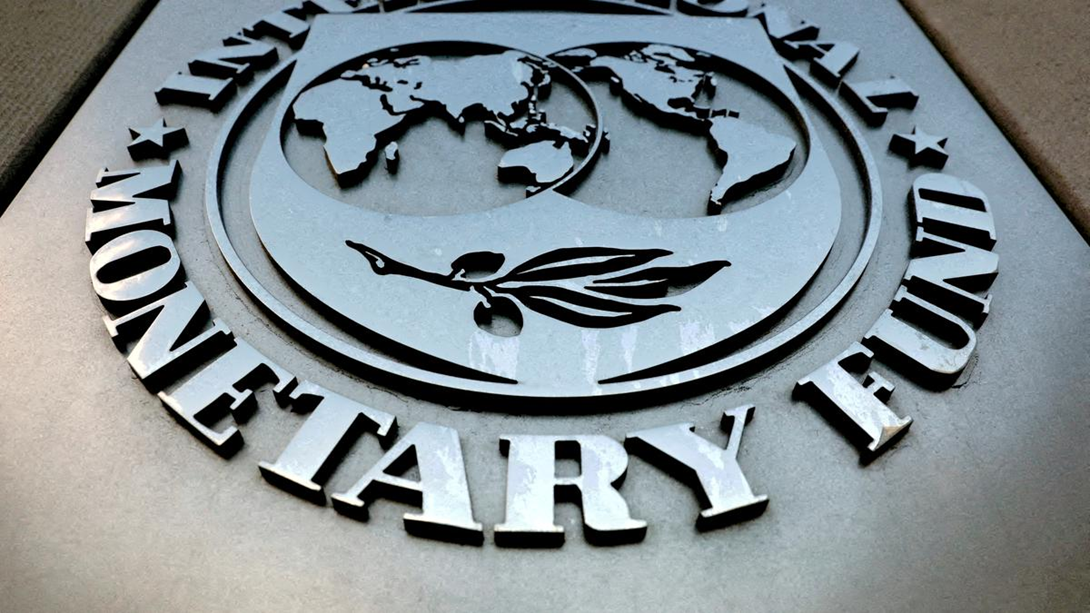- Courses
- GS Full Course 1 Year
- GS Full Course 2 Year
- GS Full Course 3 Year
- GS Full Course Till Selection
- Answer Alpha: Mains 2025 Mentorship
- MEP (Mains Enrichment Programme) Data, Facts
- Essay Target – 150+ Marks
- Online Program
- GS Recorded Course
- Polity
- Geography
- Economy
- Ancient, Medieval and Art & Culture AMAC
- Modern India, Post Independence & World History
- Environment
- Governance
- Science & Technology
- International Relations and Internal Security
- Disaster Management
- Ethics
- NCERT Current Affairs
- Indian Society and Social Issue
- NCERT- Science and Technology
- NCERT - Geography
- NCERT - Ancient History
- NCERT- World History
- NCERT Modern History
- CSAT
- 5 LAYERED ARJUNA Mentorship
- Public Administration Optional
- ABOUT US
- OUR TOPPERS
- TEST SERIES
- FREE STUDY MATERIAL
- VIDEOS
- CONTACT US
IMF's Stand-By Arrangement
IMF's Stand-By Arrangement
03-05-2024

The International Monetary Fund has approved an immediate disbursal of USD 1.1 billion to Pakistan as part of a bailout package and said the country needs to take tough measures to bring its economy back on track.
- A decision in this regard was taken by the International Monetary Fund (IMF) Executive Board as it completed the second and final review of Pakistan's economic reform programme supported by the IMF's Stand-By Arrangement (SBA).
What is Stand-By Arrangement (SBA)?
A Stand-By Arrangement (SBA) is a type of loan facility provided by the International Monetary Fund (IMF) to member countries facing short-term balance of payments problems
What is a balance of payments problem?
- A balance of payments problem occurs when a country spends more on imports and foreign investments than it earns from exports and foreign income sources.
- This leads to a shortage of foreign currency and difficulty financing basic needs.
Purpose of an SBA
- An SBA provides short-term financial assistance to help countries overcome balance of payments difficulties.
- The goal is to give the country time to implement economic reforms and policies that will restore stability and sustainable growth.
Key Features:
- Duration: Typically 12-24 months, but not more than 36 months.
- Conditionality: SBA loans come with conditions. The IMF works with the country to design an economic program that addresses the causes of the financial problems. This could include changes in fiscal policy, monetary policy, or structural reforms.
When is an SBA Used?
- Economic Crises: Often used by countries facing financial or economic crises.
- Restoring Confidence: SBAs can help countries restore market confidence in their economies.
What is the International Monetary Fund IMF?
- Global Organization: The IMF is an international organization of 190 member countries.
- Mission: Promote economic growth and employment by providing temporary financial aid to countries, easing balance of payment adjustments, and offering technical assistance.
- Founded: In 1944 as part of the Bretton Woods Agreement following the Great Depression.
- Headquarters: Washington, D.C., United States.
- Reports: World Economic Outlook and Global Financial Stability Report
How the IMF Works:
- Surveillance:The IMF monitors the economic and financial health of its member countries. It provides policy advice and identifies potential risks to stability.
- Lending: Provides loans to countries experiencing balance of payments problems (when a country cannot pay for essential imports or service its foreign debt). These loans often come with conditions for economic reform.
- Capacity Development: The IMF offers technical assistance and training to help member countries improve their ability to manage their economies effectively.
Key IMF Terminology:
- Quota: A member country's quota determines its financial contribution to the IMF, its voting power, and the amount of financing it can access.
- Special Drawing Rights (SDR): An international reserve asset created by the IMF.
Current IMF Focus:
- COVID-19 pandemic: The IMF has provided financial support and policy advice to help countries address the devastating economic impact of the pandemic.
- Climate change: Increasing its focus on the economic risks of climate change and supporting countries with their transition to greener economies.
- Debt sustainability: Helping countries, particularly low-income nations, to manage their debt levels.
Criticisms of the IMF:
- Conditionality: IMF loans sometimes come with strict measures, which are criticized by some due to their harsh social impacts.
- Limited Influence of Developing Countries: Decision-making power in the IMF is weighted according to quota size, which often gives greater influence to wealthier countries.



